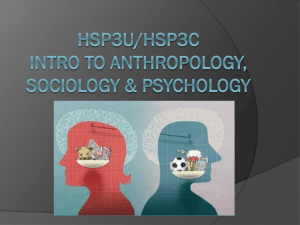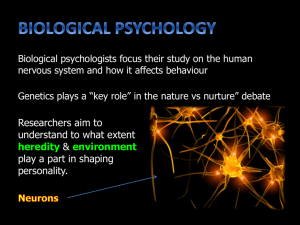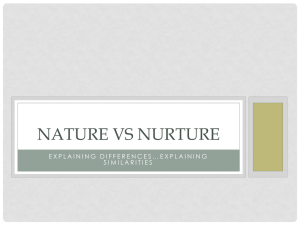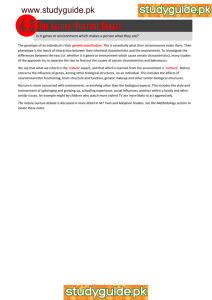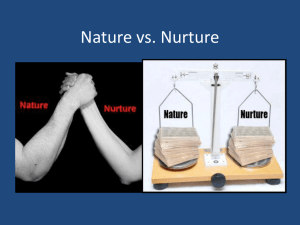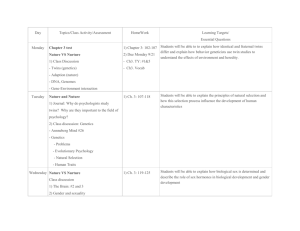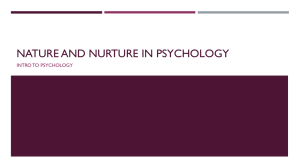If I am the person ... push him over to save ...
advertisement
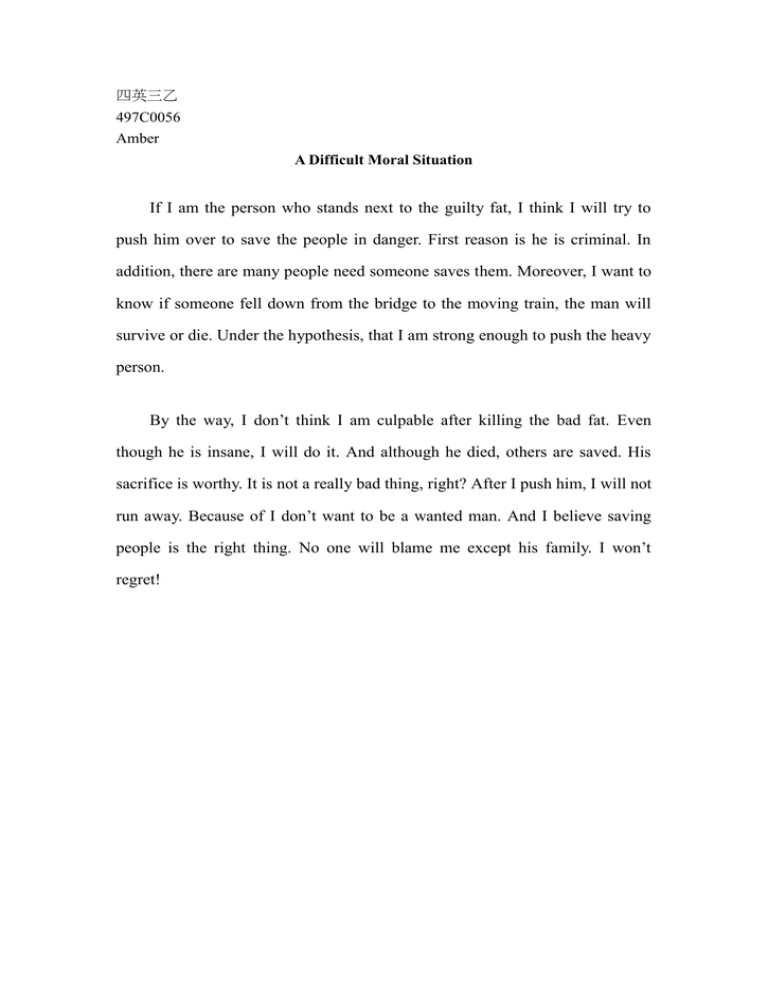
四英三乙 497C0056 Amber A Difficult Moral Situation If I am the person who stands next to the guilty fat, I think I will try to push him over to save the people in danger. First reason is he is criminal. In addition, there are many people need someone saves them. Moreover, I want to know if someone fell down from the bridge to the moving train, the man will survive or die. Under the hypothesis, that I am strong enough to push the heavy person. By the way, I don’t think I am culpable after killing the bad fat. Even though he is insane, I will do it. And although he died, others are saved. His sacrifice is worthy. It is not a really bad thing, right? After I push him, I will not run away. Because of I don’t want to be a wanted man. And I believe saving people is the right thing. No one will blame me except his family. I won’t regret! 謝菀汝 Amber 497C0056 Intermediate English Reading Sandra Yu 20101025 Summary People behave as they do according to genetic predispositions or even "animal instincts. “This is known as the "nature" theory. Other people think and behave in certain ways because they are taught to do so. This is known as the "nurture" theory. The traits such as appearance are determined by specific genes encoded in each human cell. That is Nature Theory. And that our behavioral aspects originate only from the environmental factors of our upbringing. That is Nurture Theory. Scientist fight over how much of who we are is shaped by genes and how much by the environment, the debate still rages on. Nurture - care, encouragement and support given to somebody/something while they are growing predispositions-a condition that makes somebody/something likely to behave in a particular way or to suffer from a particular disease instincts-a natural tendency for people and animals to behave in a particular way using the knowledge and abilities that they were born with rather than thought or training genome-the complete set of genes in a cell or living thing molds-to strongly influence the way somebody's character, opinions, etc. develop rages on-to continue in a violent way Heredity-the process by which mental and physical characteristics are passed by parents to their children; these characteristics in a particular person encoded-to change ordinary language into letters, symbols, etc. in order to send secret messages aggression-feelings of anger and hatred that may result in threatening or violent behavior justify-to give an explanation or excuse for something or for doing something fraternal twins-either of two children or animals born from the same mother at the same time but not from the same egg identical twins-either of two children or animals born from the same mother at the same time who have developed from a single egg. Identical twins are of the same sex and look very similar. ultimately-in the end; finally controversial-causing a lot of angry public discussion and disagreement acquisition-the act of getting something, especially knowledge, a skill, etc phobia-a strong unreasonable fear of something penchants-a special liking for something engrained-that has existed for a long time and is therefore difficult to change
